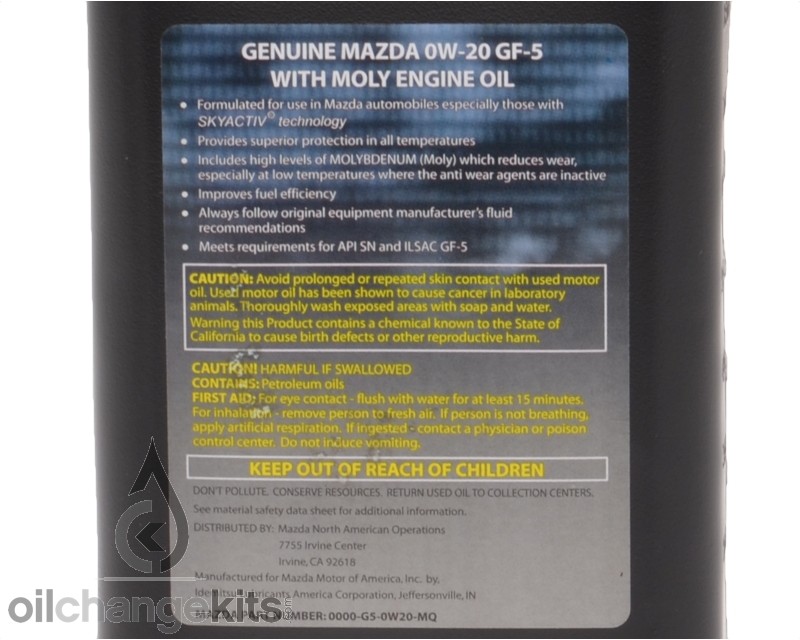Originally Posted By: Trav
I hope someone duplicates your test.
Hope no more. I''m testing three samples.
- The first sample was Mobil-1 5w30 plus Molycote Fluid Concentrate, at the rate of 2 fl oz of MFC per 4.1 quarts of oil - 1:65.6. This is within the dosage recommendation printed on the package.
- The second sample was Mobil-1 5w30 plus Liqui-Moly MoS2 Anti Friction, at the rate of 150ml L-M MoS2 per 4.2 quarts of oil ~ 4% concentration. This is within the dosage recommendation printed on the package.
- The third sample is Mobil-1 5w30 by itself.
All samples were placed in sterile glass test tubes. The test tubes were shaken. The test tubes were then placed in an oven at 250 deg F for 1 hour. Then shaken again while hot. Finally, the tubes were allowed to cool, then sealed with a clean rubber stopper.
The motor oil has a consistent amber color. If I shine a bright white light through the oil, the color image projected onto a white sheet of paper is a consistent color.
Both oil-Mos2 samples are opaque, with the appearance of a 'very dark gray milkshake'. I tried shining various lights though the test tubes with little success. The brightest white light barely penetrates the liquid. If there is a decrease in opacity over time in the top part of the tube, that would suggest settling has occurred.
All three tubes are now sitting in a test tube rack, vertical position, on a top shelf in the garage at room temperature.
I hope someone duplicates your test.
Hope no more. I''m testing three samples.
- The first sample was Mobil-1 5w30 plus Molycote Fluid Concentrate, at the rate of 2 fl oz of MFC per 4.1 quarts of oil - 1:65.6. This is within the dosage recommendation printed on the package.
- The second sample was Mobil-1 5w30 plus Liqui-Moly MoS2 Anti Friction, at the rate of 150ml L-M MoS2 per 4.2 quarts of oil ~ 4% concentration. This is within the dosage recommendation printed on the package.
- The third sample is Mobil-1 5w30 by itself.
All samples were placed in sterile glass test tubes. The test tubes were shaken. The test tubes were then placed in an oven at 250 deg F for 1 hour. Then shaken again while hot. Finally, the tubes were allowed to cool, then sealed with a clean rubber stopper.
The motor oil has a consistent amber color. If I shine a bright white light through the oil, the color image projected onto a white sheet of paper is a consistent color.
Both oil-Mos2 samples are opaque, with the appearance of a 'very dark gray milkshake'. I tried shining various lights though the test tubes with little success. The brightest white light barely penetrates the liquid. If there is a decrease in opacity over time in the top part of the tube, that would suggest settling has occurred.
All three tubes are now sitting in a test tube rack, vertical position, on a top shelf in the garage at room temperature.

